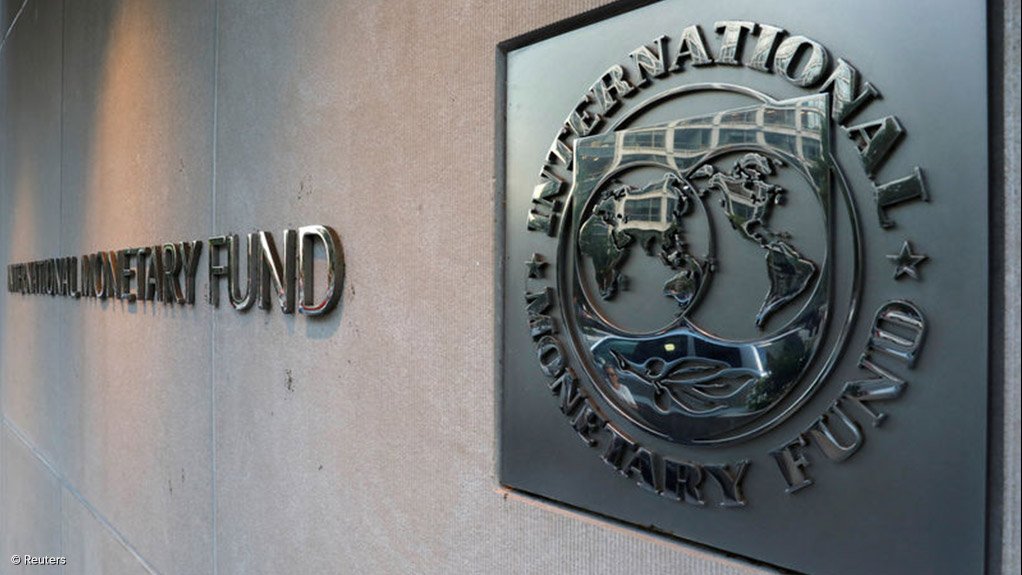Demand from African nations for financing from the International Monetary Fund (IMF) is expected to remain high, as debt burdens mount and cheaper options remain scarce, even as backlash grows over its austerity-heavy terms.
Since 2020, the Washington-based lender has provided nearly $69-billion in financing to the region and expects to continue to extend credit, an IMF spokesperson said in an emailed response to Bloomberg News questions.
“We are seeing continued demand from African countries for IMF support including new programmes, extensions, and augmentations, driven by persistent shocks and elevated debt pressures,” they said.
Currently, the IMF has about 20 African nations with programmes in various stages across the region, including in Egypt, Benin and Ghana.
Others such as Malawi, Kenya and Mozambique, who abandoned their programmes early after failing to meet the IMF’s targets, plan to resume talks or are already in negotiations for a new programme. Uganda and Senegal are seeking new ones and Zambia is negotiating a year extension.
While resistance to austerity and structural adjustment policies still lingers, as seen by protests in Angola in July over IMF-backed fuel-subsidy cuts, and in Kenya last year over tax increases, African governments now have a more cooperative relationship with the IMF, said Zaynab Hoosen, senior Africa analyst at Pangea-Risk, a specialist intelligence advisory firm.
“Many state leaders are engaging with the fund as a necessary partner, one that can support foreign currency liquidity and provide concessional financing amid debt distress and fiscal pressures,” she said. “Reforms to IMF governance, including increased African representation on its executive board, have also improved perceptions of legitimacy and inclusivity.”
African countries are also turning to the IMF for financial support as “a matter of necessity,” said Jacques Nel, head of Africa macro at Oxford Economics.
“While international liquidity conditions are starting to ease now, many African countries have locked in pretty expensive debt,” Nel said.
Africa’s external debt has climbed to more than $650-billion, and servicing costs reached almost $90-billion in 2024, the United Nations said.
“High debt levels mean foreign investors might demand higher risk premiums, while many governments have tapped domestic capital markets to the extent that crowding-out private borrowing has become a concern,” Nel said.
EMAIL THIS ARTICLE SAVE THIS ARTICLE FEEDBACK
To subscribe email subscriptions@creamermedia.co.za or click here
To advertise email advertising@creamermedia.co.za or click here











